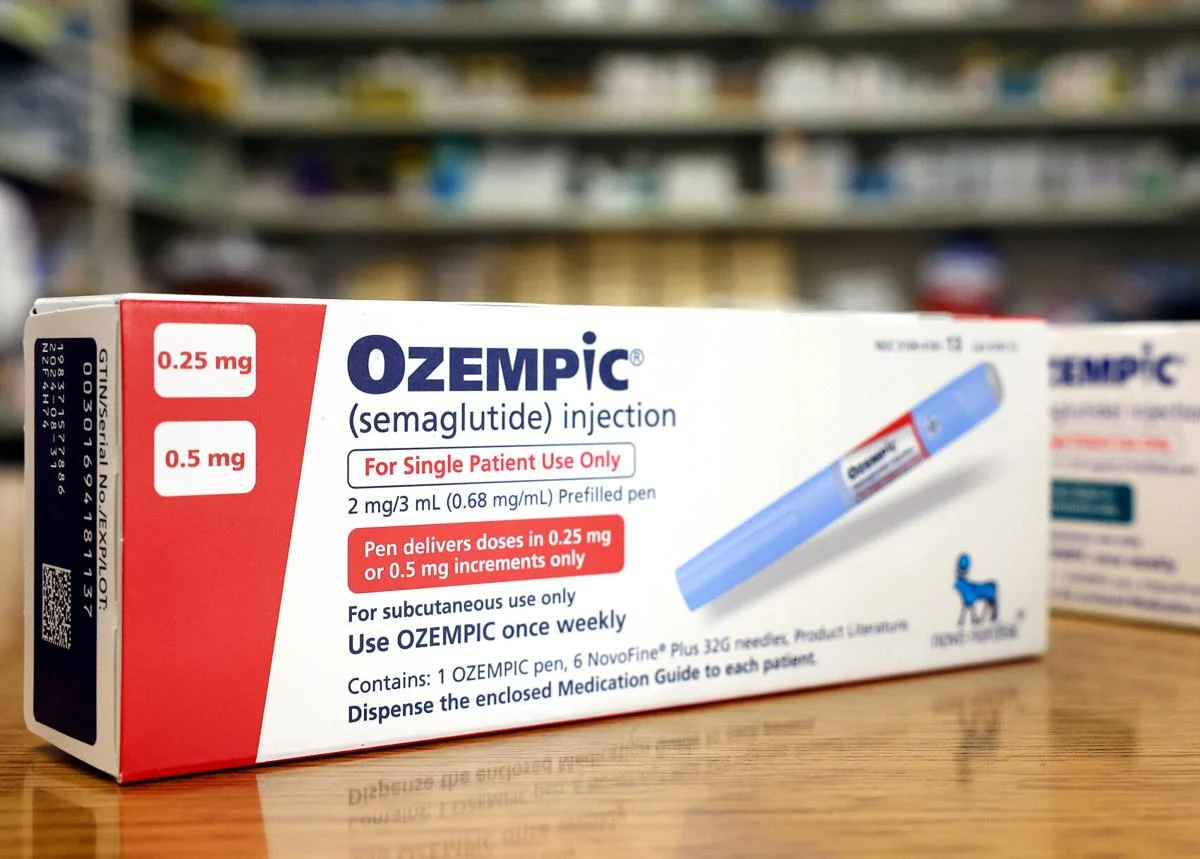Health regulators in Europe and the United Kingdom are currently delving into reports of self-inflicted harm and suicidal thoughts among users of Ozempic and Wegovy, two medications falling under the category of GLP-1 receptor agonists. Renowned for their ability to reduce blood sugar levels and suppress appetite by simulating a gut hormone, these drugs have garnered attention due to their potential adverse effects.
The European Medicines Agency recently revealed that it is actively evaluating 150 cases involving individuals who have taken drugs from this category, while the UK’s Medicines and Healthcare Products Regulatory Agency is equally engaged in reviewing safety data for these medications, prompted by similar incidents.
A notable aspect of the investigation is the lack of warnings about suicidal thoughts accompanying Ozempic and Wegovy prescriptions in Europe and the UK. This contrast arises from the dearth of evidence linking these medications to an increased risk of such effects, as observed in clinical trials.
On the other hand, medications in the United States aimed at weight management, and impacting the central nervous system are required by the Food and Drug Administration (FDA) to include a cautionary note about potential suicidal thoughts. A prime example is Wegovy, FDA-approved for weight loss, which comes with a prescribing label advising healthcare providers to monitor patients for any signs of suicidal ideation and to discontinue the medication if necessary.
In the case of Ozempic, which is primarily intended for diabetes treatment according to the FDA, such specific warnings are not present, leaving some patients advocating for the inclusion of this critical information.
Megan Stainer, a 45-year-old nurse, reveals how she began using Ozempic off-label for weight loss and experienced feelings of despondency after initiating the medication. Although she did not feel suicidal, she believes that a warning label might have made a difference in her situation, potentially leading to more informed decisions about its usage.
Another instance involved Teresa Bruce, a 53-year-old recruiter, who reported feeling profoundly depressed within weeks of starting Wegovy. Her doctor attributed her symptoms to the medication and recommended discontinuation. However, medical professionals emphasize that such experiences are rare and not consistently observed in clinical trials.
The link between GLP-1 receptor agonists and mental health remains complex, and experts are cautious about drawing conclusive causality. While data from the FDA’s adverse event reporting system suggested some reports of depression, suicidal thoughts, or suicide attempts related to Ozempic and Wegovy, pinpointing direct links proves challenging.
Despite these findings, medical experts maintain that semaglutide, the active ingredient in both medications, is unlikely to cause similar issues. Nevertheless, they underscore the need for additional research, particularly concerning patients with a history of depression or suicidal ideation, to better comprehend individual reactions to semaglutide.
The ongoing investigation highlights the significance of patient safety and understanding the potential risks associated with these medications, especially for individuals with pre-existing mental health conditions. As health regulators delve deeper into the debate surrounding Ozempic and Wegovy, the outcome will undoubtedly shape future prescribing practices and patient education, seeking to strike a delicate balance between managing medical conditions effectively and safeguarding mental well-being.




